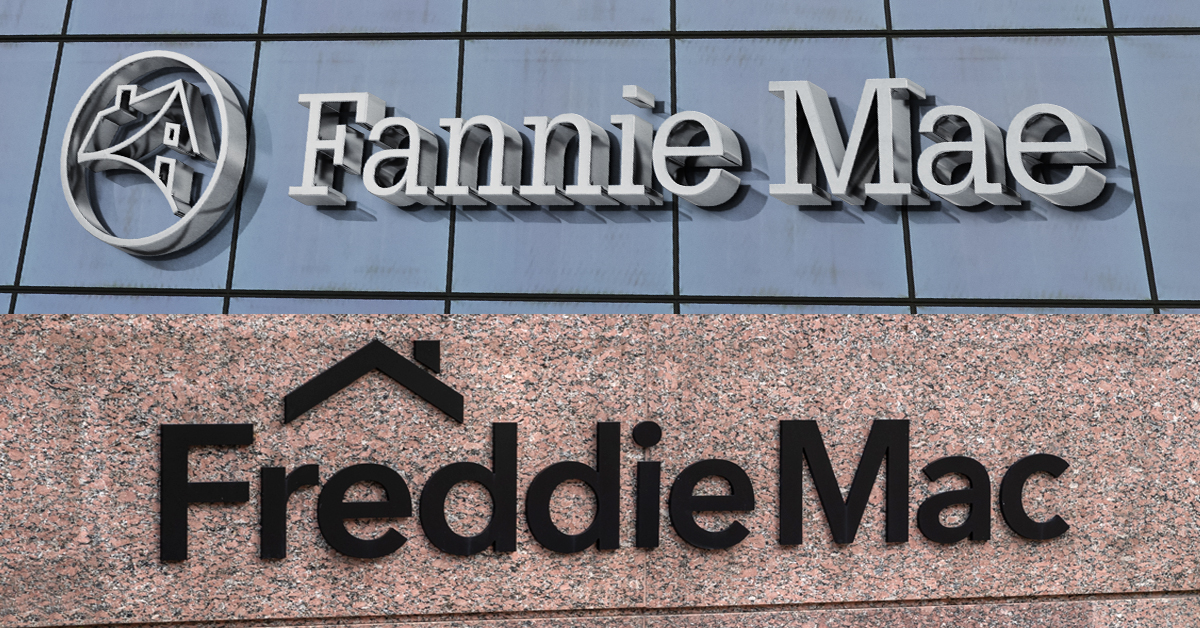The Federal Housing Finance Agency (FHFA) announced that Fannie Mae and Freddie Mac will let borrowers with financial hardships defer up to six months of mortgage payments.
The new enhancement to the government-sponsored enterprises’ (GSEs) payment deferral policies is essentially an expansion to a previous policy that granted six months of deferral to borrowers with financial issues related to COVID-19. The deferral allows borrowers to keep their monthly mortgage payments consistent by moving past-due amounts to the end of their loan as a non-interest-bearing balance, due and payable at maturity, sale, refinance or payoff.
Now, per the FHFA, the policy is being extended to other GSE borrowers to “promote sustainable homeownership and will further support the safety and soundness of the enterprises.” The FHFA cited the success of the program during the pandemic for the expansion of the option to other borrowers.
“The enterprises completed more than 1 million COVID-19 payment deferrals during the pandemic, helping borrowers nationwide to stay in their homes,” FHFA director Sandra L. Thompson said. “Based on the success of the COVID-19 payment deferral, we are making this solution a key part of our standard loss-mitigation toolkit that is available to all borrowers with eligible hardships.”
According to a statement from the FHFA, the policy will have a voluntary adoption date of July 1, 2023, with mandatory adoption by Oct. 1 of this year.
Robert Broeksmit, president and CEO of the Mortgage Bankers Association (MBA), praised the move.
“MBA commends FHFA for applying lessons learned from the COVID-19 pandemic by making payment deferrals a key part of Fannie Mae’s and Freddie Mac’s loss-mitigation toolkit,” he said. “The use of payment deferrals during the pandemic helped struggling borrowers stay in their homes.
“MBA recommended in our recent white paper on the future of loss mitigation that FHFA and FHA (the Federal Housing Administration) resolve temporary hardships through payment deferrals and partial claims. Better alignment – regardless of the reason for hardship or who insures or guarantees the loan – will improve the consumer experience and lead to consistency and simplicity when addressing future adverse market conditions, national emergencies and natural disasters.”






